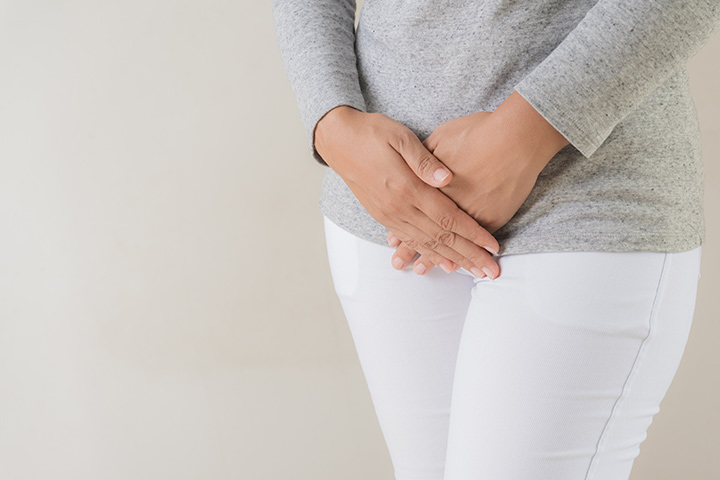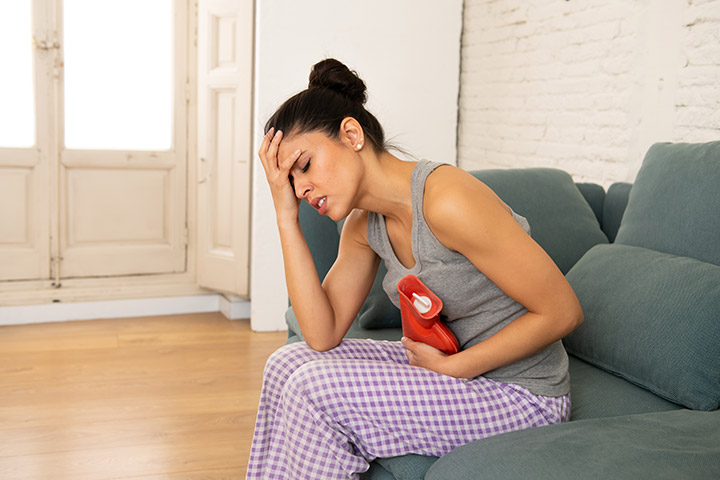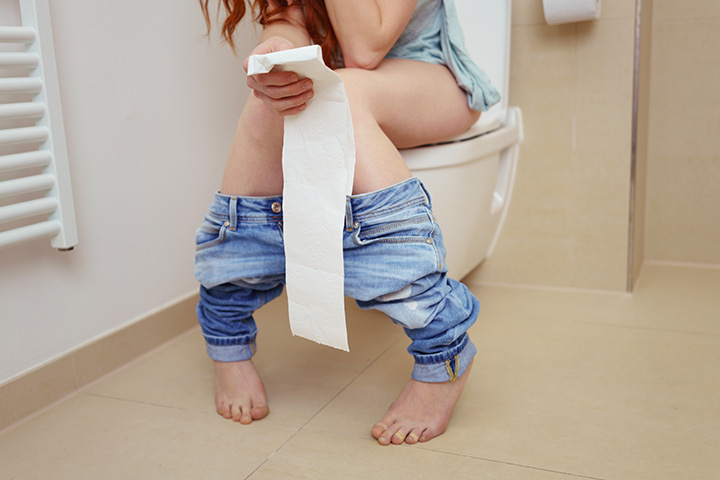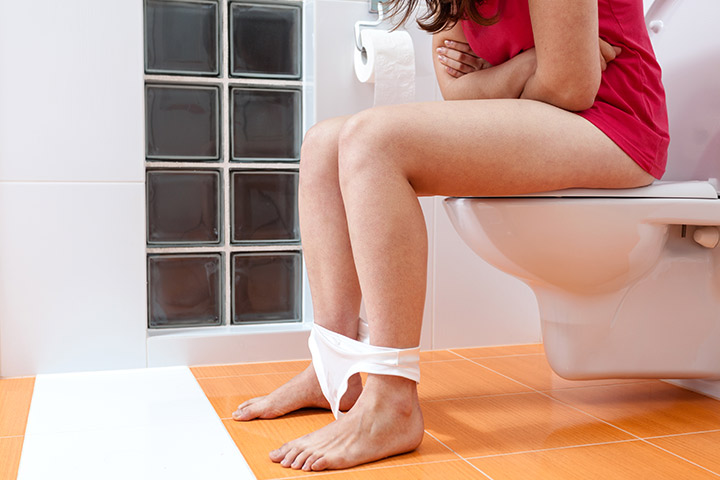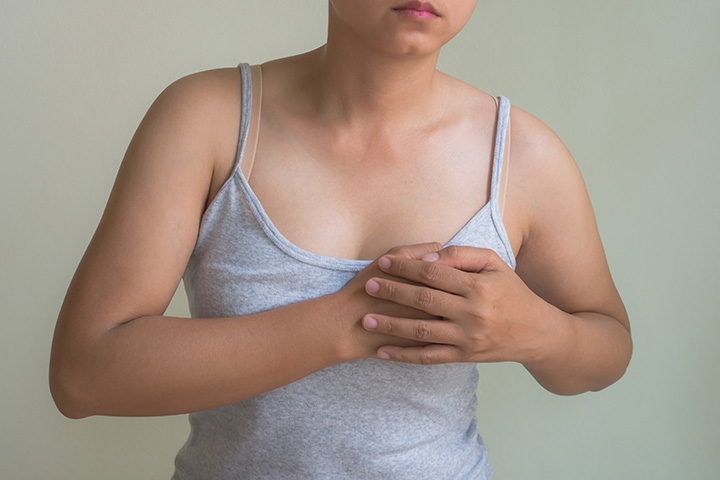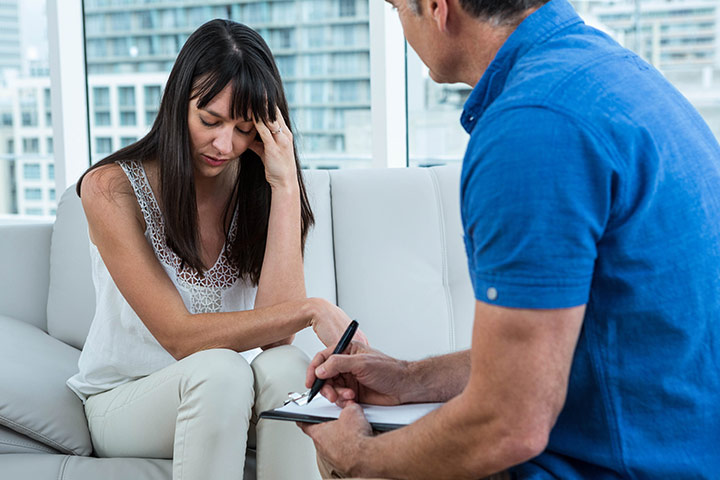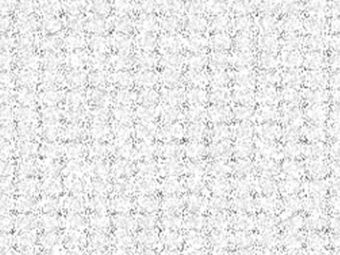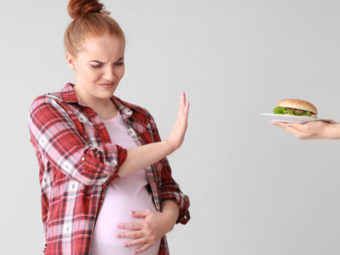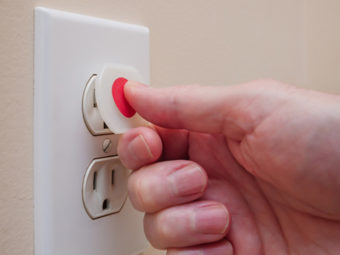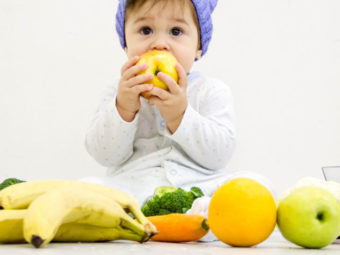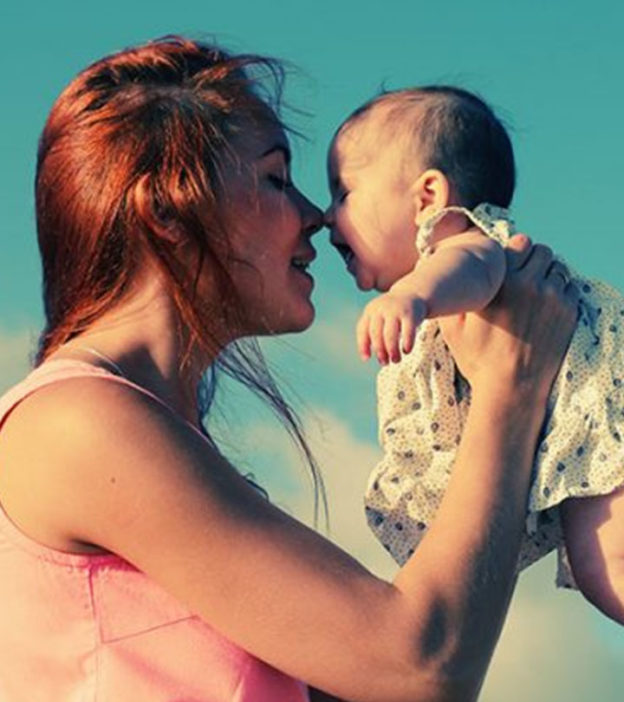
Congratulations! Your little one has arrived in this world. You are in the middle of your first month after childbirth, which is a phase referred to as the postpartum recovery period. Now that you are past all the pregnancy symptoms, be it emotional or physical, you can shift your focus towards recovery. But, don’t get really worked up if all the pregnancy symptoms don’t subside. After all, your body is still adapting back to the pre-pregnancy stage and it will take some time for it to reacclimatize.
In fact, many women find themselves still feeling pregnant even after the birth of their kids. But, be patient as the body takes some time to recover from the arduous journey that it has just been through. Here are some of the things that you can expect post childbirth:
1. Soreness In The Lady Bits
During labor, the area between the rectum and vagina stretches quite a bit. And, at times, causes a slight tear too. This may cause some soreness down there (1). Here is what you can do to relieve soreness right at home:
- To provide relief from the pain and swelling, you can put an ice pack on the sore area
- Rather than sitting on a hard surface, try and sit on a soft pillow for cushioning
一个lso, clean the lady bits thoroughly with either a washcloth or a cleaning pad after each bathroom visit to avoid any infection.
2. Afterpains
Experiencing contractions, even for several days after the childbirth, is quite normal. These contractions might remind you of period cramps. This primarily happens because the uterus begins to shrink after the delivery. You might particularly notice these pains as you are breastfeeding. This is because certain chemicals are released during breastfeeding that can cause the uterus to slightly tighten. To ease your pain, you can place a heating pad on the belly. Also, you can consult your doctor to know if it is alright to have any medications for pain relief (2).
3. Constipation Woes
You may find pooping a little too difficult after childbirth. This might be a side effect of the medications that you are prescribed post delivery. All you need to do is drink lots of water and consume fruits with high fiber content to provide relief from constipation. You can also ask your doctor about whether you can try any stool softener (3).
4. Difficulty In Urination
During a natural delivery, your bladder will stretch causing damage to the nerves and muscles for a short duration. Thus, this can make it very difficult for you to pee even if you feel the urge. You can pour some water on that area to reduce the stinging sensation that you may feel during urination. Also, you might notice that you pee a bit as you cough, sneeze, or laugh. Don’t worry; this should subside on its own in some time (4).
5. Soreness And Swelling In Breasts
In the initial three to four days after the delivery, your breasts will produce colostrum. It is a substance rich in nutrients, which can help enhance the immunity of your little one. Soon after, your breasts will become full of milk, and hence, swell. Nursing may help with the swelling and soreness. You can also apply cold washcloths on the breasts in between two feedings (5).
什么时候Consult A Doctor?
You will have to visit your doctor for a regular followup around six weeks after the birth of your child. At this point, your gynec will check your uterus, cervix, weight, and even your blood pressure. Once you get a thumbs up from your doctor, you can resume your regular routine soon after. But, there are some things that you should look out for even before your checkup. Call your doctor if you notice any of these signs (6):
- Excessive vaginal bleeding, so much so that it requires a change of sanitary napkin every one hour
- 严重的头痛
- Pain, swelling, and redness in legs
- Swelling, redness, warmth, and pain in breasts
Now that you are aware of everything that happens postpartum, you can rest assured. After all, knowledge is everything. Good luck, ladies!

